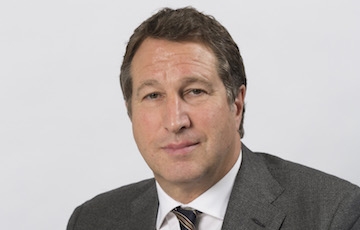A member of the Financial Advice Market Review panel has called for a rise in the £150 tax-exempt advice available for employees via their employer.
The Treasury last week outlined plans to allow people nearing retirement to take up to £500 out of their pension pots tax-free to put towards the cost of financial advice.
The Pensions Advice Allowance will come into force from April 2017.
But FAMR Richard Freeman, Old Mutual Wealth's chief distribution officer, believes further measures are required.
Mr Freeman, one of the FAMR expert panel members, remains part of the Financial Advice Working Group, which has been tasked with developing some of the recommendations set-out in the review.
The new consultation on the £500 allowance has come about as a result of the FAMR’s recommendations. The final report also included proposals to ‘improve the existing £150 income tax and National Insurance exemption for employer-arranged advice on pensions.’
Mr Freeman said: “There is still room for greater incentives for employers to help their staff meet the cost of advice. It is already possible for firms to help retiring employees get advice, with up to £150 of advice tax-exempt when arranged by the employer. This threshold should be increased to give consumers the best possible chance of accessing professional financial advice at-retirement.
“And there are lots of other steps that could be taken to improve access to advice, both by creating a business environment that allows financial planning firms to grow and also by encouraging consumers to recognise the various points during their life when they could benefit from some help with their financial choices.”
Andrew Pennie, head of pathways at Intelligent Pensions said: “Although, it’s hard to knock anything that encourages and helps people to seek advice, it’s doubtful many people will be able to get proper help they need at age 55 from a single one-off advice session.
“The sad truth is too many people still think financial advice does not represent good value for money, and if they were to pay for it they would baulk at a cost of £500. Until we tackle this central dilemma that people don’t really understand what is really involved with getting advice and what it can achieve for them and their families, and the protection it offers, there won’t ever be the demand for the service.”
The £500 allowance, first announced in Budget 2016, would be available to spend on robo-advice as well as traditional face to face advice, the Government revealed last week.

